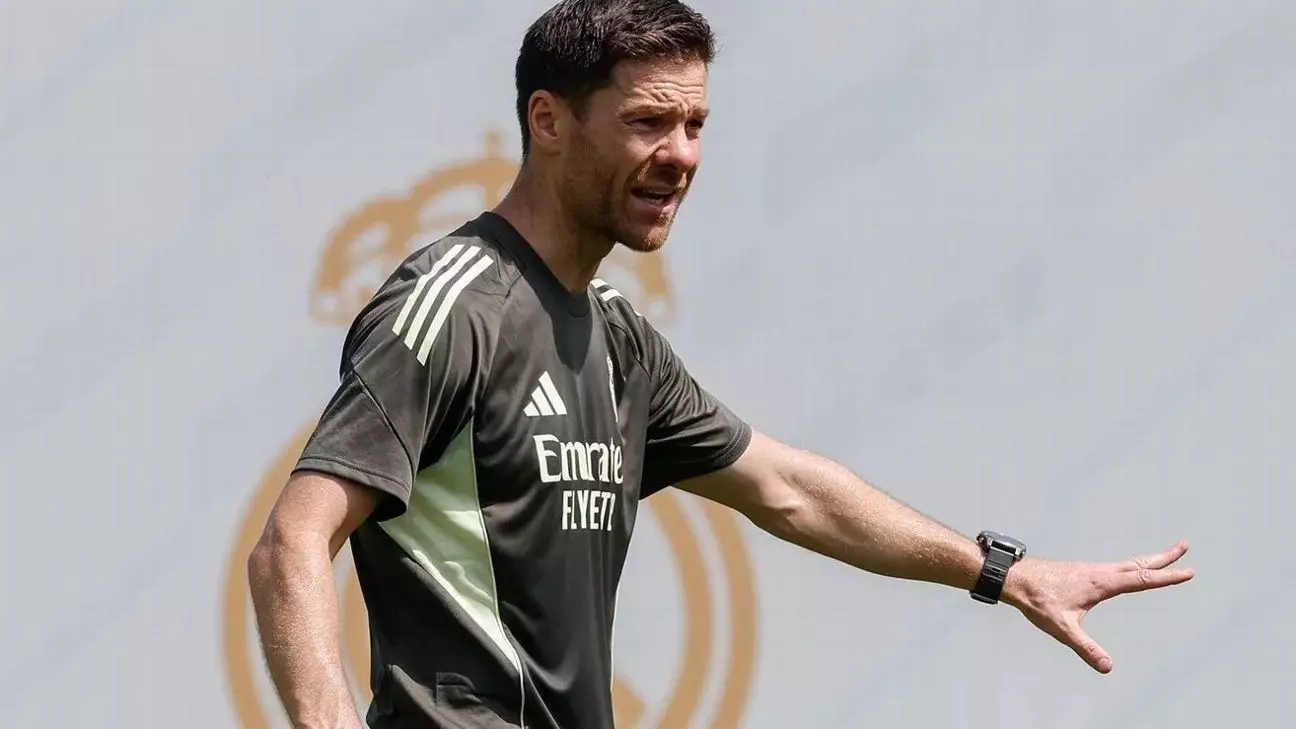Madrid’s pre-season initiation under Xabi Alonso marks an intriguing chapter filled with potential and challenge. The legendary midfielder, stepping into the managerial role, faces the daunting task of reinvigorating a club that expects nothing short of excellence. With just over two weeks before the season kicks off, Alonso’s approach to training and squad development will be pivotal. This transition period is critical in shaping Madrid’s tactical identity and motivating a squad eager to forge a new chapter. Amidst the whirlwind of preseason friendlies and logistical hurdles, Alonso’s vision will be tested as he attempts to instill a cohesive style of play that can compete at the highest level both domestically and continentally. The signings of Trent Alexander-Arnold and young talents like Dean Huijsen hint at a strategic shift—an emphasis on versatility, youth development, and bolstering the squad depth necessary for a demanding campaign.
The Challenges Behind the Curtain
Scheduling constraints and external disputes have complicated Madrid’s preseason plans. The club’s request to postpone their La Liga opener was rejected, forcing them into a tight preparatory window. The rigidity of contractual regulations—specifically the absence of mandated preparation time—highlight a broader issue within Spanish football: balancing tradition, player welfare, and competitive edge. Madrid’s players, fresh from an intense involvement in the Club World Cup, now face a compressed timeline to regain peak fitness. This is far from ideal for strategic cohesion, especially under a new coach forging his philosophy. Alonso inherits a squad missing key figures like Jude Bellingham, sidelined due to shoulder surgery, and Endrick, still in recovery. This scenario exposes the vulnerabilities in Madrid’s squad depth and tests the managerial resilience needed to navigate an unpredictable season.
Alonso’s Strategy: A Bold Experiment or a Gamble?
Appointing Xabi Alonso is a bold statement from Madrid—an endorsement of youth, tactical intelligence, and a belief in the transformative power of a legendary figure. His brief but promising tenure since taking charge has already signaled a desire to craft a team built around intelligent ball movement and positional flexibility. The upcoming friendly against Tirol and subsequent league fixtures will serve as vital testing grounds. If Alonso’s philosophy takes root, Madrid could surprise skeptics with a more dynamic, proactive style. Historically, Real Madrid has thrived on a mix of star power and strategic innovation; Alonso’s leadership has the potential to recast their identity, making them formidable once again. However, patience and resilience will be required, especially considering the setbacks and limited transfer activity so far. The club’s cautious approach to signings—waiting for departures—reflects a strategic prioritization but may also pose risks if injuries or underperformance strike early in the season.
The Path Forward: Will Alonso Ignite Madrid’s Spark?
Despite the hurdles, Madrid’s ambitions remain unwavering. The club’s legacy is rooted in relentless success and legendary players who wore the No. 10 jersey, a symbol of creativity and leadership on the pitch. Alonso’s own experience as a player who epitomized vision and composure could inspire a squad searching for a fresh spark. Yet, it’s essential to recognize that transforming a storied institution requires more than tactical shifts; it demands patience, vision, and a willingness to adapt amidst adversity. Madrid’s upcoming fixtures, including their first game at the Santiago Bernabéu, will reveal whether Alonso’s new blueprint can translate into tangible results. The season promises to be a litmus test—not just for the manager but for Madrid’s identity in a rapidly evolving football landscape. If Alonso’s leadership flourishes, the club could once again rise as a dominant force, driven by a renewed sense of purpose and the undying spirit of Real Madrid.

